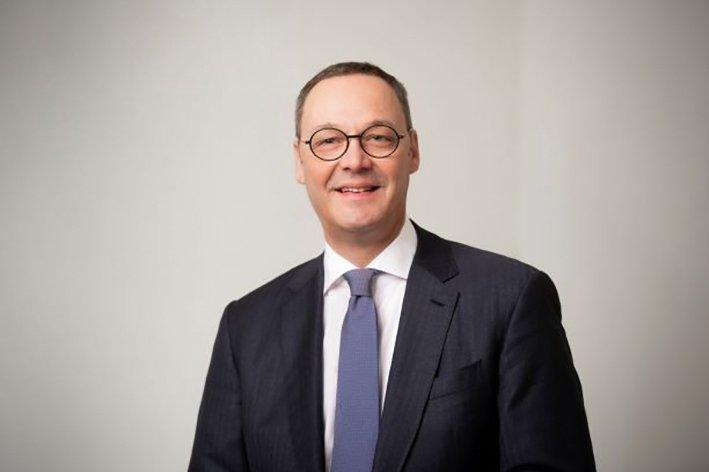Investments and costs cuts are two sides of the same coin
The basis for these investments is the collective agreement “Zukunftspaket Stahl“ concluded with the works council in the spring of 2020. This agreement provided, among other things, for the implementation of the investments as part of the Strategy 20-30 and a reduction of 3,000 jobs. “thyssenkrupp AG has now approved the funds for important investments in our production network“, explains Bernhard Osburg, Chairman of the Executive Board of thyssenkrupp Steel Europe. “This is a strong signal for the steel business and a strong mark of confidence in difficult times. The projected investments enable us to develop our position in important future markets, thus making our business fit for the future. The Strategy 20-30 is the right approach for this. But investing is not enough: the pandemic has once again dramatically exacerbated our financial situation. We have to join forces with our employees and the works council to close the financial gap caused by the corona crisis in the years to come and to limit the repercussions of the pandemic. We will stick to our goal to achieve the profitability originally targeted in the Strategy 20-30. All parties involved must be aware of the fact that we will also have to consider further job and cost reductions, if we do not want to put at risk what has been achieved and agreed so far“.
Thinner, stronger, wider: Investments in quality and future markets
thyssenKrupp’s goal behind the Steel Strategy 20-30 is to produce an even higher-value product portfolio, while optimizing the cost structure. The growing requirements of automotive customers and individual industrial sectors play a particularly important role in this context. These include crash-relevant sheet steel for safety architecture of vehicles, improved surfaces, or thinner and higher-performance steels for e-mobility.
The company plans a targeted revamp and flexibilization of its production network to secure its position as a leading supplier in terms of quality and performance in the European market. One focus of the projects is on slab and hot strip production. This includes – aside from the reconstruction of the continuous casting line 3 – above all the division of the casting rolling line at the Duisburg site. Within the value creation network, this plant has a key position in supplying the downstream units. In the long run, however, the qualitative capabilities of the casting rolling line commissioned more than 20 years ago will no longer be sufficient to meet future customer requirements. Therefore, the unit is now divided into a continuous casting line and a downstream hot strip mill, which will also supply the downstream processing units at the Bochum site. Investments will also be made at the Bochum site: Two new units, namely a new double reversing mill in the cold rolling mill and a new annealing and isolating line, are of major importance to serve the fast-growing e-mobility market. For this application, thinner and stronger sheets are needed to increase the performance of electric motors. thyssenkrupp is already the leading supplier in this European market and intends to strengthen its position through the planned investments.
Bernhard Osburg: “The planned investments will further improve our technological capabilities and the flexibility and reliability of our production network. They will enable us to ensure our competitiveness through the quality of our products also in future. This is a strong signal for our customers, whom we will incidentally continue to supply with the usual products during the conversion and new construction work. The next step is to implement the projects. One goal unites us: We want to be a strong, competitive and viable steel company in the Rhine and Ruhr region”.
thyssenkrupp Steel Europe AG
Kaiser-Wilhelm-Str. 100
47166 Duisburg
Telefon: +49 (203) 52-0
Telefax: +49 (203) 52-25102
http://www.thyssenkrupp-steel-europe.com
SE/COM
Telefon: +49 (203) 52-25159
E-Mail: mark.stagge@thyssenkrupp.com
![]()

